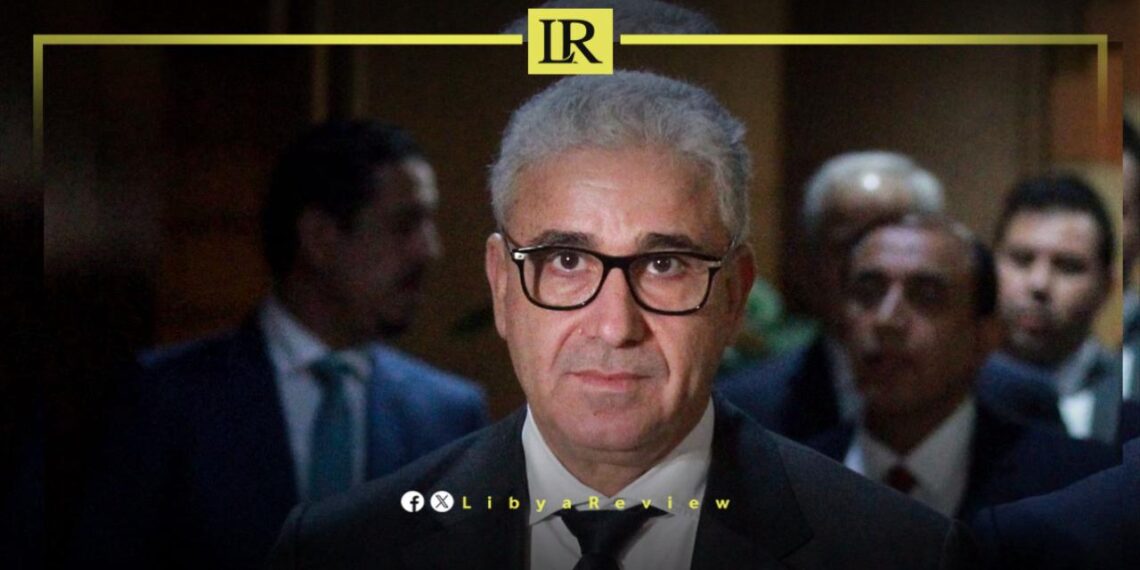On Thursday, former Libyan Prime Minister Fathi Bashagha publicly condemned the recent surge in abductions, enforced disappearances, assaults, and torture in Libya. He described these acts as violations of divine and international laws, emphasizing that they are prohibited under local and international statutes.
Bashagha’s statement comes after the release of activist Al-Moatassim Areebi, who was abducted on Monday in Misrata by two dark-tinted vehicles and taken to the Sikt area south of the city. Bashagha expressed relief over Aribi’s safe return, stating on Facebook, “Praise be to God for the safe return of Motasim Aribi to his family after his abduction in downtown Misrata and his two-day disappearance by an unknown entity.”
Bashagha called on the Attorney General to rigorously investigate the kidnapping, identify the perpetrators, and hold them accountable to ensure justice and prevent future crimes. He also urged the Misrata Security Directorate to implement a comprehensive security plan to prevent future violations and ensure citizen safety.
In a related incident, media outlets reported on Thursday that Internal Security forces had detained journalist Ahmed Al-Senussi. Al-Senussi’s family lost contact with him after he left his home in Tripoli earlier in the day, following his return from Tunisia.
Al-Senussi is the owner of the Sada economic news website and the host of the “Flusna” program on Al-Wasat TV (Wtv). His detention came shortly after he published documents alleging corruption within the Ministry of Economy and Trade of the Government of National Unity and its Minister, Mohamed Al-Hwaij.
Since the 2011 revolution that ousted Muammar Gaddafi, Libya has faced political instability and violence, leaving the country divided between rival factions and various militias controlling different regions. Amid this chaos, abductions, enforced disappearances, and extrajudicial detentions have become common, creating an atmosphere of fear and insecurity.
The cases of Al-Moatassim Areebi and Ahmed Al-Senussi reflect broader issues of insecurity and impunity in Libya. Fathi Bashagha’s condemnation of these practices and his call for legal action underscore the need for comprehensive reforms to protect human rights and ensure justice. As Libya navigates its complex political landscape, protecting civil liberties and enforcing the rule of law remains paramount.


